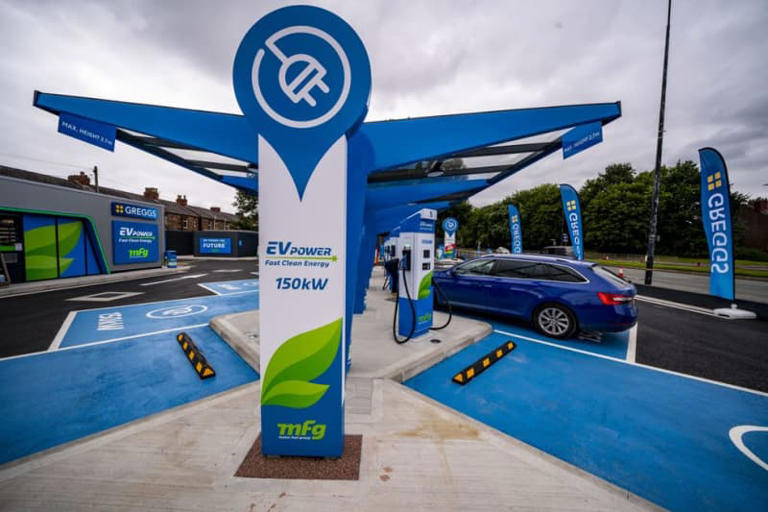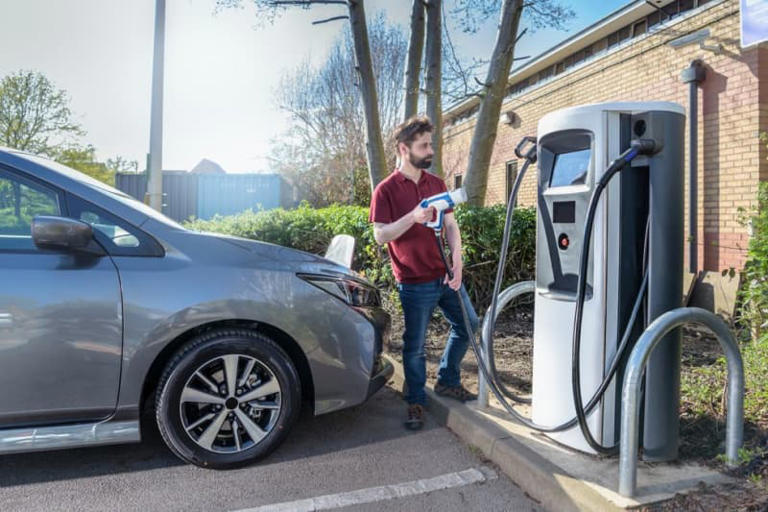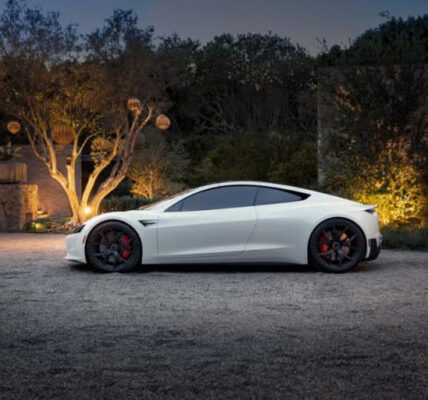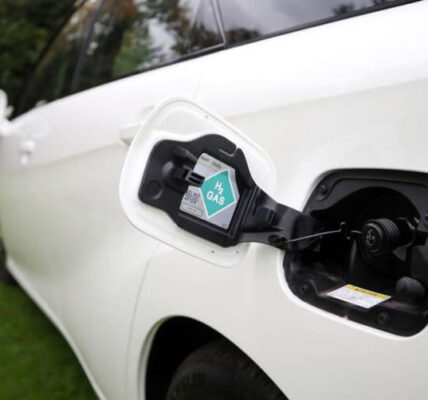- Homepage
- Automobiles
- Electric vehicle taxation: 5 Shocking Truths Revealed!
Electric vehicle taxation: 5 Shocking Truths Revealed!
Electric Vehicle Taxation: Driving Towards Fairness
Explore the complexities of electric vehicle taxation and the implications of recent governmental decisions. Learn how the absence of supportive measures affects electric car owners and industry stakeholders.

Introduction: Understanding Electric Vehicle Taxation
Electric vehicles (EVs) represent a promising solution to combat climate change and reduce our dependence on fossil fuels. However, the journey towards widespread EV adoption faces significant hurdles, one of which is taxation. In this article, we delve into the intricacies of electric vehicle taxation and the recent governmental decisions that impact electric car owners and industry stakeholders.
The VAT Conundrum: A Barrier to Accessibility
One of the most pressing issues in electric vehicle taxation is the Value Added Tax (VAT) applied to charging services. Unlike home chargers, public charging stations incur a VAT rate four times higher, creating an unfair financial burden for those without access to private charging facilities. This discrepancy discourages potential EV owners and impedes the transition towards sustainable transportation.
Industry Outcry: Calls for Fair Treatment
The recent Spring Budget unveiled by the UK Chancellor failed to address the concerns of electric vehicle owners and industry experts. Despite widespread demands for VAT cuts on public chargers and incentives for EV adoption, the budget remained silent on measures to support electric vehicles. The absence of supportive policies has left many feeling disillusioned and frustrated, as they see the government overlooking crucial opportunities for promoting cleaner transportation.

Navigating the Roadblocks: Challenges and Solutions
- Addressing the VAT Disparity: Industry leaders and advocacy groups have highlighted the urgent need to equalize VAT rates for public and home chargers. Reducing the VAT on public charging services would level the playing field and encourage more individuals to embrace electric vehicles. By eliminating financial barriers, governments can accelerate the transition towards sustainable transportation and achieve environmental goals.
- Incentivizing EV Adoption: To meet ambitious targets for zero-emission vehicles, governments must incentivize private car buyers to switch to electric vehicles. Countries across Europe offer various incentives, such as tax credits, rebates, and reduced registration fees, to encourage EV adoption. By implementing similar measures, governments can stimulate demand for electric vehicles and facilitate the transition away from traditional combustion engines.
- Investing in Charging Infrastructure: The expansion of charging infrastructure is essential to support the growing number of electric vehicles on the road. Government funding and incentives can spur the development of charging networks, ensuring convenient access to charging facilities for all EV owners. Additionally, investments in fast-charging technology and renewable energy integration can enhance the efficiency and sustainability of electric vehicle charging.

The Path Forward: Advocating for Change
As the global community strives towards a sustainable future, addressing the challenges of electric vehicle taxation is paramount. Industry stakeholders, advocacy groups, and policymakers must collaborate to enact meaningful reforms that support the widespread adoption of electric vehicles. By prioritizing fairness, accessibility, and environmental sustainability, governments can pave the way for a cleaner, greener transportation sector.
Conclusion: Driving Towards a Greener Future
Electric vehicle taxation plays a pivotal role in shaping the transition to sustainable transportation. The disparities in VAT rates and the absence of supportive policies pose significant challenges to electric car owners and industry stakeholders. By advocating for fair taxation, incentivizing EV adoption, and investing in charging infrastructure, governments can accelerate the transition towards a greener future. Together, we can drive positive change and embrace the promise of electric vehicles for generations to come.




